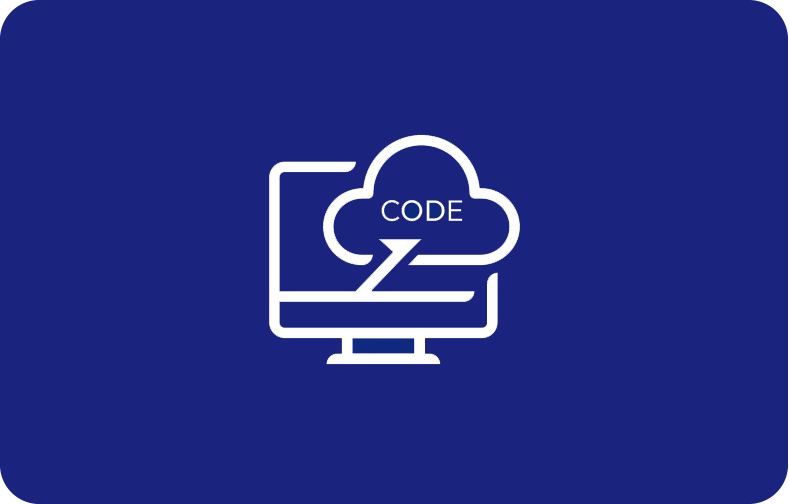Exploring the Versatility and Customizability of Fedora Linux
![Customizability of Fedora Linux]()
Introduction to Fedora
Fedora Linux is a versatile operating system committed to staying at the leading edge of technology and providing a user-friendly experience. Fedora Linux contains software distributed under a free and open-source license and aims to be on the leading edge of such technologies. Fedora's reputation for innovation stems from its dedication to integrating new technologies early and collaborating and working closely with the upstream Fedora community.
Desktop Environments in Fedora
Fedora Linux offers several desktop environment options, including the default Fedora Workstation desktop environment, which uses the GNOME desktop. However, if you are looking for more options, an alternative desktop environment such as KDE Plasma Desktop exists. Additionally, Fedora offers Fedora Spins, a pre-configured version of Fedora for other desktop environments, and Fedora Labs- a selection of curated bundles of software targeting specific interests, such as scientific computing or containerized applications.
Package Management in Fedora
One of the key advantages of Fedora Linux is its package management system, which makes it easy for users to install Fedora and manage software packages. The default package manager in Fedora is dnf, which is used to install Fedora and update software packages from the official Fedora repositories. Additionally, Fedora supports using RPM packages, a standard format for distributing software in the Fedora community.
Installation Options for Fedora
When installing Fedora, the custom variations of Fedora Spins and Fedora Labs, distributed by the Fedora Project, can be installed as full standalone versions or as an add-on to existing Fedora installations. You can install Fedora as a fully standalone version in network installer format and BitTorrent download. The existing Fedora installations can be upgraded to the latest stable version using the package manager option.
For users who prefer Red Hat Enterprise Linux, Fedora provides Fedora Core, a community-supported version of Red Hat Linux. Apart from this, there is Fedora Silverblue, an immutable desktop operating system built on Fedora technology and optimized for containerized applications and cloud deployments.
Customization Options in Fedora
Fedora offers the ability to customize the default applications pre-installed with the operating system. This allows users to tailor their preferred desktop environment to their needs and preferences. Additionally, Fedora Linux provides a variety of add-ons that can be installed to enhance the operating system's functionality. These add-ons include an additional alternative desktop environment, multimedia codecs, and development tools, among others.
Alternative Software Distribution Formats in Fedora
Fedora also supports software distribution through alternative formats, such as Flatpak and Snaps. These containerized software packages are designed to be independent of the underlying operating system, which allows for greater flexibility in the distribution and installation of software.
Fedora Magazine for Updates and Tips
To keep users up-to-date with the latest developments in the Fedora community, the Fedora Project publishes a monthly magazine called Fedora Magazine. This magazine provides news and updates about the latest versions of Fedora and tips and tricks for getting the most out of the operating system.
Additional Versions of Fedora
For users who want even more options, Fedora provides more standard versions of the operating system beyond the default Fedora Workstation. These include Fedora Server for use in a server environment and Fedora IoT for use in Internet of Things (IoT) deployments.
With a strong commitment to the Linux community and the open-source ethos, Fedora is an ideal choice for new and experienced Linux users. Whether you are interested in your preferred desktop environment or targeting specific interests, Fedora has the tools and technologies to meet your needs!



 We have chosen 20 server locations worldwide, guaranteeing low latency and delivering fast response times to your website visitors.
We have chosen 20 server locations worldwide, guaranteeing low latency and delivering fast response times to your website visitors. 


